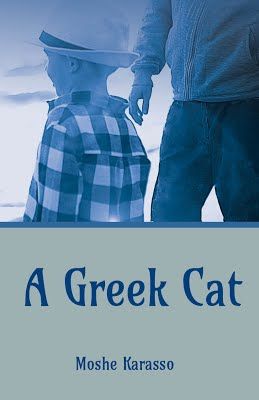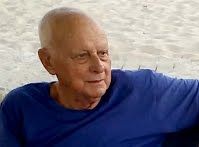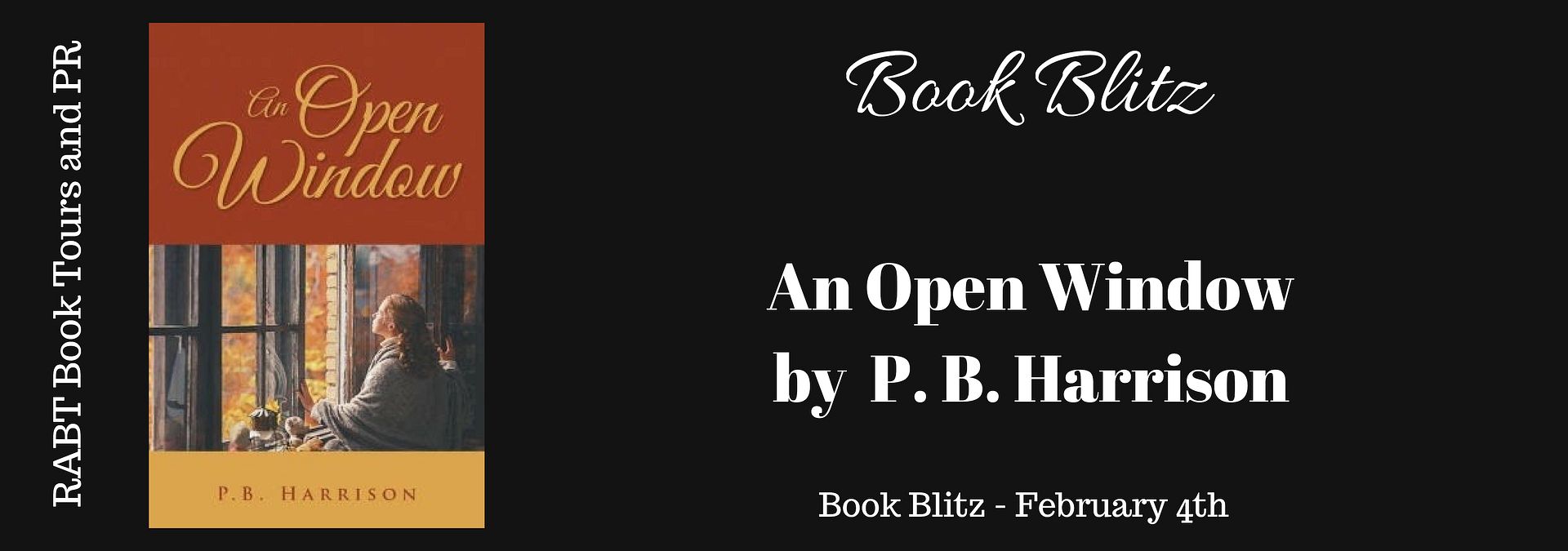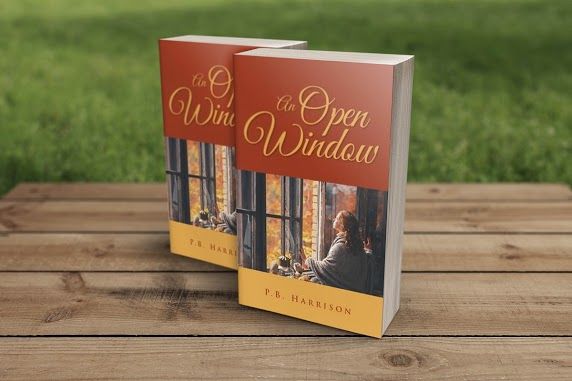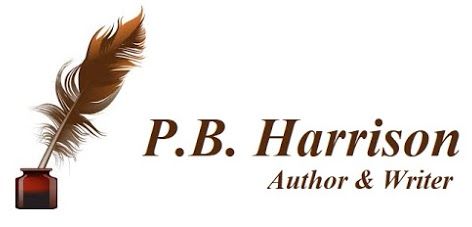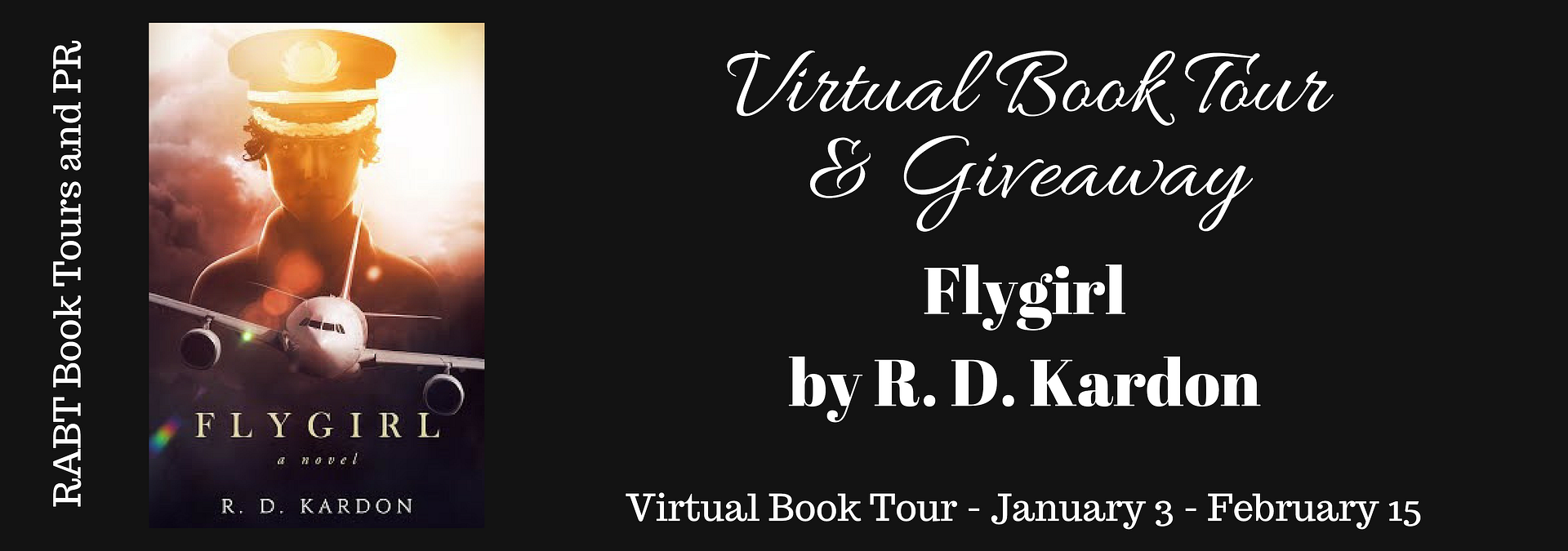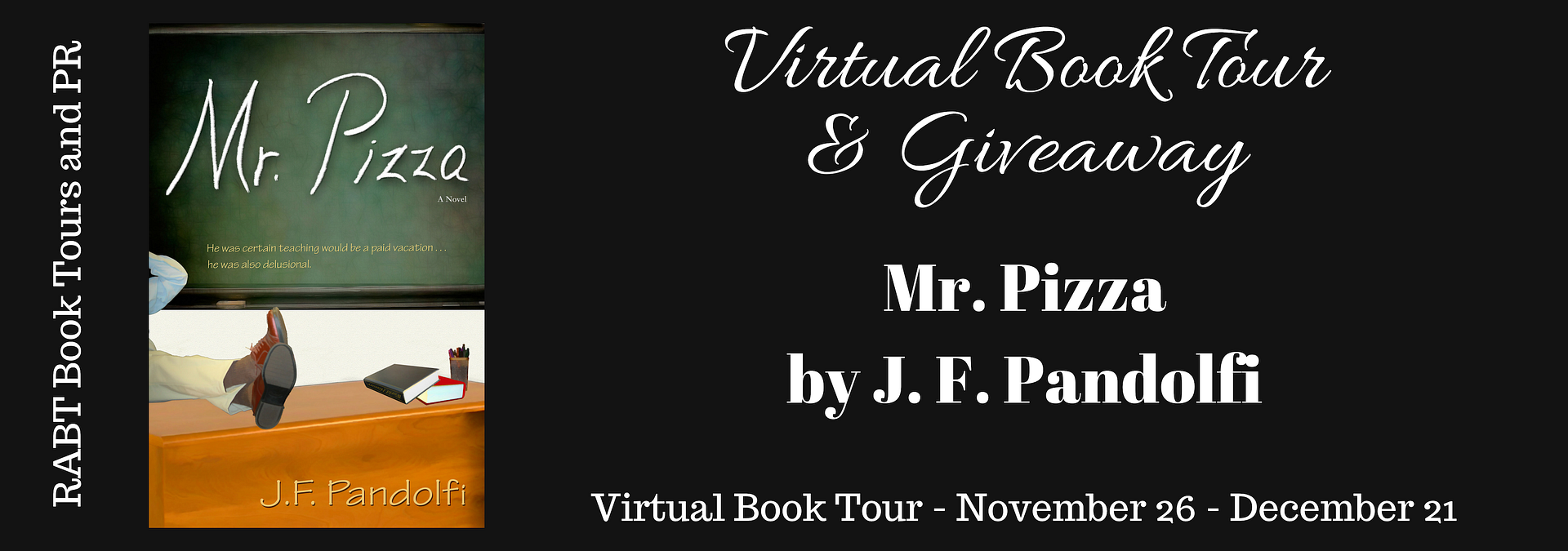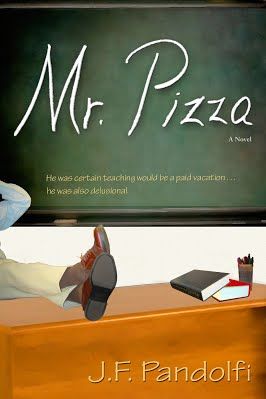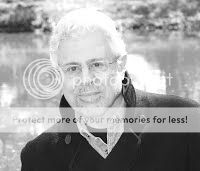If you are a writer, I’m sure you have your own ideas on the hardest thing about being a writer. Or, as a reader, when you read books by your favorite authors, you may have wondered
How did the author come up with such great ideas?
How did he/she develop those ideas so they read as smooth as silk?
How did he/she create such memorable characters that you feel you would recognize them at your local supermarket?
Fact is, writing — creating content that is engaging, exciting, and memorable — is hard.
But before we think about the hardest thing about being a writer, let us look at what is entailed in writing a book that people want to read.
First, you must have a story inside of you. A story so compelling you must tell it. Then you must tell your story in ways that are creative, engaging, and unique.
But before you do all that, you must know who you are writing for — who your target audience is. Who will want to read your book?
Once you know who your target audience is, you must know where to find them! And having found them, you must know how to keep them.
Last but certainly not least, you must believe in yourself. Putting your thoughts and ideas down on paper can be a daunting task. If you don’t believe in yourself, when the plot begins to sag or the characters don’t behave the way you expect them to, your writing falters, and you may give up. Don’t! Press on. Have your writers’ group or beta readers look at it, but don’t give up!

For me, coming up with the idea for a new book is never difficult, but writing the beginning is my pain point. I struggle with my opening. I rewrite, and rewrite, and rewrite. And I hate to say it, but I’m usually never satisfied with my beginning. But I continue writing, and by the time I get to the middle, I’m full sail ahead. My confidence soars, the words pour out of me, and I make it to the end.
And then I go back to the beginning …
So, what is the hardest thing about being a writer? I would say it’s about believing in yourself. If you feel called to write that story, do it. Make a start, and everything will fall into place.
In my latest release, Making Music Together, I almost gave up because it’s a romance, and I’d never written romance before, but I kept at it, and now I’m on to the sequel, Harmonizing Hearts. To learn more about this and my other books, please fill in the form below to join my newsletter.

Angela is a blogger and author of Christian women’s fiction and Christian romance. Her latest release is Making Music Together.





